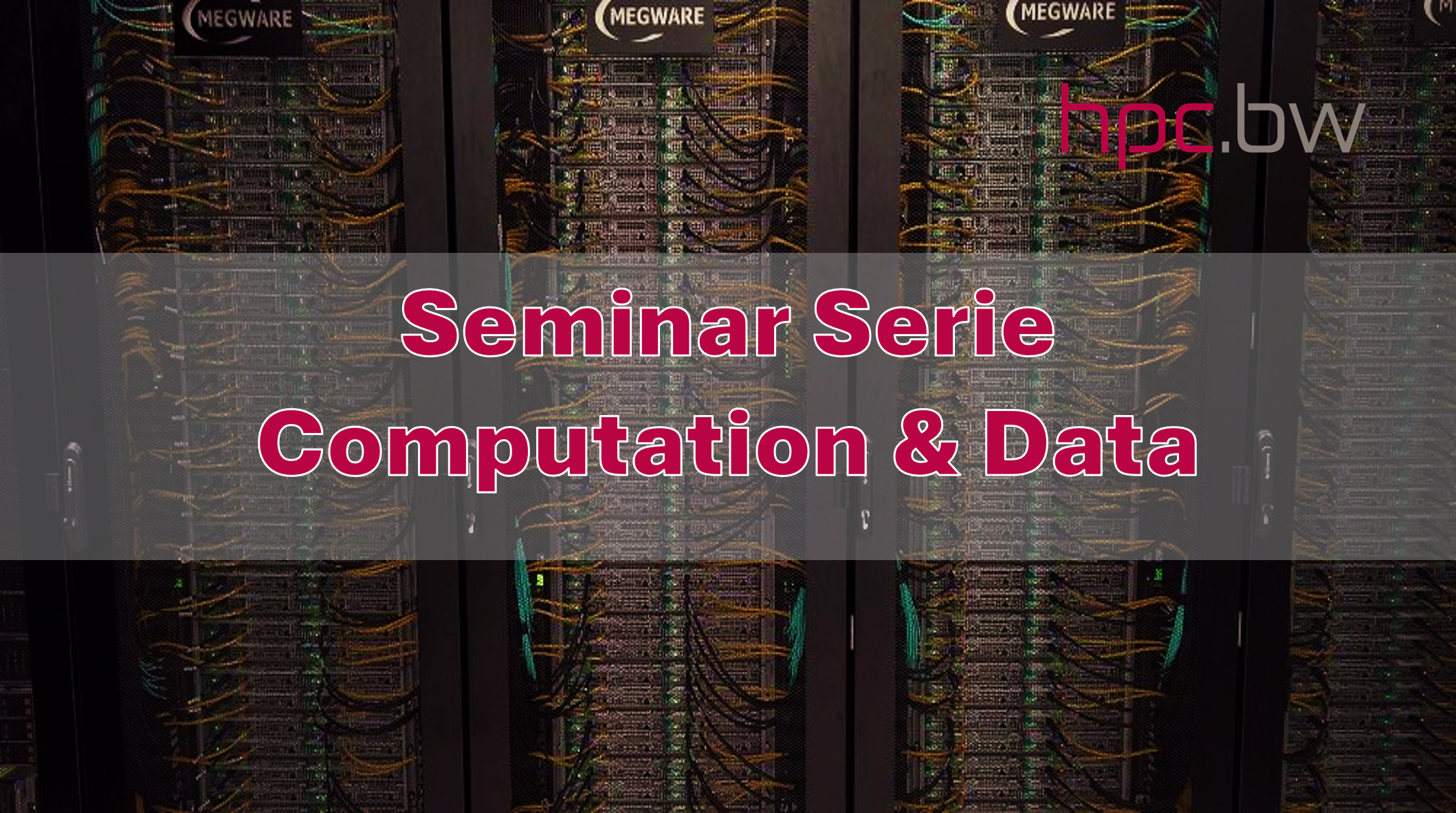


The goal of the interdisciplinary seminar series Computation & Data at HSU is to bring together researchers and foster exchange on the development of algorithms, methods and software. The seminar series is typically scheduled for the last Wednesday every month, 16:00-17:00, with 1 presentation per hybrid session (digital and at HSU). Immediately after the seminar series, the HPC Café take place.
Feel free to subscribe the seminar newsletter by sending an e-mail to info-hpc-bw@hsu-hh.de with the subject line „Subscription Seminar Computation & Data”.
In aerosol deposition, fine ceramic powders in sizes of less than typically 5 μm are deposited as a coating at room temperature. Aerosol deposition must be performed under a vacuum to apply such fine powders and avoid bow shock effects. According to experimental results, coating formation by aerosol deposition only occurs if particle velocities exceed a material-specific threshold velocity. Thus, knowledge of attained particle velocities over acceleration in the nozzle and under the expansion into a vacuum is essential for deriving conditions for successful deposition. In the present study, 3D-CFD simulations were used to investigate the key geometrical variables in powder acceleration. Three different nozzle geometries were investigated: a convergent nozzle, a convergent-divergent nozzle, and a convergent nozzle followed by a constant cross-section toward the exit. In addition, these three nozzle geometries were optimized to maximize the particle impact velocity. The results show that the convergent-divergent nozzle supplies the highest particle velocities within this comparison. The particle velocities attained by the other nozzles are substantially lower but could be improved by geometry.


Hamburg, Germany
hpc.bw Team

On Site
hpc.bw Team
Prof. Dr. rer. nat. habil. Markus Bause
Univ.-Prof. Dr.-Ing. habil. Michael Breuer
Prof. Dr. Philipp Neumann